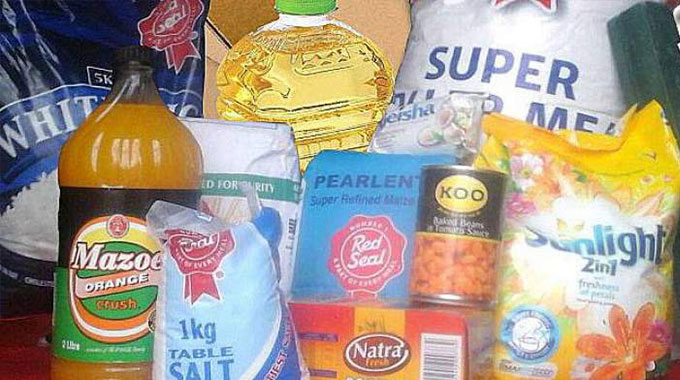Sadc tourism players condemn SA attacks

Oliver Kazunga, Senior Business Reporter
PLAYERS in the Sadc tourism sector have condemned xenophobic attacks in South Africa saying this is negatively impacting free movement of people as well as trade and investment opportunities in the region. Tourism is one of the major economic mainstays in Sadc employing thousands of people and generating a lot of foreign currency. Sadc has 16 member states that include Zimbabwe, South Africa, Malawi, Botswana, Zambia, Angola, Lesotho, Namibia, Swaziland and Seychelles.
The member states have agreed on the need to promote free movement of people within the region in order to enhance trade and investment.
However, the tourism industry which has a huge impact on national economies of Sadc member states has of late continued to be threatened by xenophobic attacks in South Africa targeting foreigners from other African countries.
Against this background, some tourism players from Sadc that attended the just ended 12th edition of the Sanganai/Hlanganani World Tourism Expo in Bulawayo in separate interviews expressed displeasure over the xenophobic attacks.
An Angolan tourism promoter, Mrs Kuyanga Diamantino whose company, Top Tours International was one of the tour operators that participated at the tourism expo said: “This (xenophobic attacks) is very bad because it deters the free movement of people in the region thereby impacting negatively on our tourism growth.”
She said the few misguided elements in South Africa organising the attacks were working against the idea of regional integration.
Mrs Diamantino said because of the few South Africans that are attacking people from other countries in the region, the message being sent across the globe is that Africans cannot share resources.
“We should as players in the tourism sector speak with one voice and denounce the xenophobic attacks with the contempt they deserve,” she said.
The xenophobic attacks were also working against the aspirations and objectives of Sadc as guided by the Protocol on Free movement of people.
Mrs Diamantino said African leaders should unite to bring to an end the violence against foreigners in South Africa.
“Our African leaders should sit down and find a lasting solution to the xenophobic attacks and us as business leaders should complement their efforts to resolve this challenge,” she said.
Due to the recent xenophobic attacks that saw vehicles destined for Zimbabwe and other countries being torched, a United States-based Zimbabwean businessman, Dr Devine Mafa failed to transport four imported vehicles destined for his proposed car assembly plant in Kwekwe.
Mrs Diamantino said fellow Africans should not retaliate by attacking South Africans living in their countries or their businesses.
“For example, there are South Africans visiting or living in Angola, we should not retaliate by attacking them as this is retrogressive,” she said.
Malawi Department of Tourism deputy director responsible for planning and development Mr Noah Nansongole denounced the xenophobic attacks saying violence cripples efforts to grow the tourism sector.
He said it was imperative for the region to take advantage of tourism meetings, events and conferences like Sanganai/Hlanganani World Tourism Expo to promote regional integration by allowing free movement of people in the region.
“As part of regional integration, Sadc countries should come together in promoting the growth of the tourism industry. The growth of the tourism industry will never reach its full potential if the region continues to experience challenges such as the xenophobic attacks in South Africa.
“We, therefore, call upon policy makers to come up with strategies that will promote a sense of togetherness in the region,” said Mr Nansongole.
South Africa’s Mpumalanga Tourism and Parks Agency trade relations manager, Mrs Gaopalelwe, also added her voice denouncing the xenophobic attacks pointing out that such acts of violence adversely affected tourists arrival figures.
“It’s actually sad when Africans fight Africans. It saddens us to see brothers and sisters fighting but we believe the responsible authorities are handling it before it gets out of hand,” said Mrs Gaopalelwe.
She, however, said some criminal elements were taking advantage of the violence to break into people’s shops to loot.
The Tourism Business Council of Zimbabwe chief executive officer, Mr Paul Matamisa, echoed similar sentiments saying a permanent solution should be found.
He said campaigns against xenophobia attacks were critical if Sadc is to achieve regional integration through tourism.
Some of the ordinary people interviewed by this paper in Bulawayo said the recent attacks on foreigners in Africa did not only threaten the growth and development of the tourism industry but also peace in the region.
“We strongly condemn the acts of violence being perpetrated on our fellow brothers and sisters in South Africa.
“It is very unfortunate that each and every year, there are xenophobic attacks in South Africa and this is a threat to peace in the region,” said Mrs Nomceba Ndebele. — @okazunga











Comments